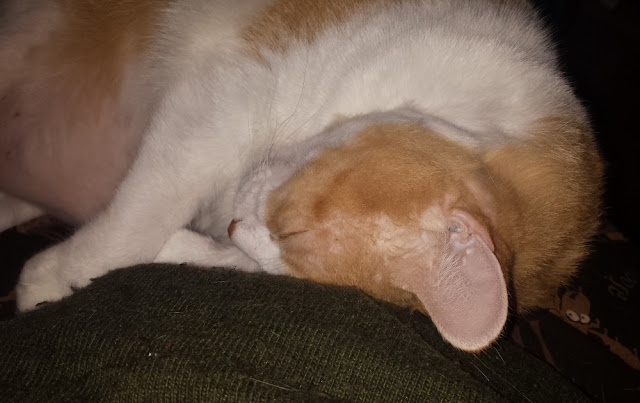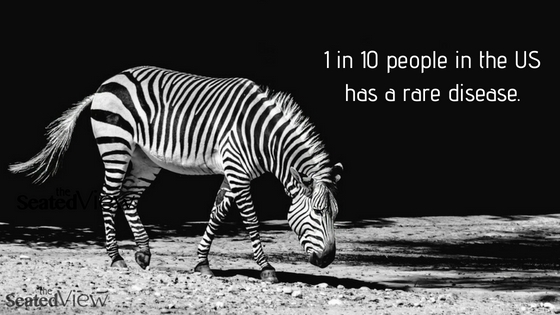*Love that song.
I watch The Bachelor. Yes, I know. I am a feminist and I watch The Bachelor. It is my guilty pleasure. I am completely unrepentant about the other reality shows I watch, but The Bachelor? It's hard to admit in public. However, it's pertinent to today's post, so I'm hangig my inconsistencies out there.
On season that has just wrapped, one of the "contestants" told the guy that she wouldn't be able to love him and be in love with him unless he loved her back. Under the circumstances, that might be a smart thing to say, but it's been rattling around in my head ever since. Because we don't, do we? In any relationship, romantic and otherwise, we don't give our hearts until we're sure it's reciprocated (children hopefully excluded). Until we have a guarantee that it'll "work out". We protect ourselves, build a fortress around our hearts (thank you, Sting) and hold it tight, not giving it away until we are sure it’ll be treated well. Which, again, can be argued to be a smart thing, but I think sometimes, we focus so much on avoiding the pain, on the end goal of it "working out", that we hold back too much.
We live in a culture where pain is invisible, be it physical or emotional. Not only are we not supposed to express the pain, we are supposed to pretend it doesn't exist. The first time I noticed this - well, the emotional pain, that is, I already knew about the physical - was after my father died. Within a very short time, life went back to normal. I remember being stunned that the entire world was still spinning, operating normally, when mine had stopped. When I was scrubbed raw with grief and found it very, very difficult to pretend otherwise. I remember wishing for the social construction of the grieving process in the Victorian age where you wore black and were socially limited for a year and then gradually lightened your clothes and equally gradually re-entered society. I used to think it was restrictive and didn't make sense until I experienced a loss where it would have been really helpful if it’d been easy for others to see I was grieving, to adjust their expectations and actions accordingly. Instead, the grieving became a private thing I mostly did alone and I understood that the Victorians were onto something - that mourning needs the assistance of a public recognition of grief.
Several years ago, I chose to be in a relationship that for various reasons wasn't going to "work out". It wasn't going to last for the rest of my life, we wouldn’t get married and live happily ever after. My friends had difficulty accepting my choice, were afraid I was going to get hurt. I knew I would, but did it anyway. And I don't know if I chose it because I was madly in love (which I was) or because I have lived with pain for most of my life and understood that being in pain isn’t the worst thing that can happen. At the time, the worst thing that could happen was to not experience the love. Which he and I did for 4 years and it was glorious and it hurt like a sonofabitch when it ended. But I am still grateful for the experience, have never regretted a minute of it and I'm pretty sure I learned something big about love.
Which brings me back to the fear of pain and the actions – and inactions – guided by that fear. And to wondering how much we miss out on by focusing exclusively on the end product, rather than the process of love. Whether you're in a romantic relationship that won't be forever or have a friend who is very ill or any of a number of other examples, it makes me think. Think about why we avoid painful situations, why we focus on the hurt rather than the terrific things that will happen before the pain comes. That are worth the pain at the end.
It's a challenge, sure. It challenges you to live in the now, leaving the future to itself. And when you think about it, all those guarantees of things "working out" are illusions. There are no guarantees, there are no sure things. Aside from the divorce rates of 50%, any one of us could get hit by a bus tomorrow. Yet we live as if we have forever, we plan as if we have forever. We love as if we have forever. And so we peel the layers of protection off our hearts carefully, guardedly and conditionally. We are not taught to love with an open heart, to love unreservedly within the knowledge of a certain end and I don't think it does us any favours.
A few years ago, I practiced spirituality more than I do now - these days, I am too busy to be still. Back then, I was struggling with finding meaning and joy while living with severe pain and continuing losses of ability. And I found some meaning in Buddhism, in the concepts of nonattachment and impermanence and began to understand that the more expectations I had about a specific outcome, the more unhappy I was. I tried hard to not get attached to a specific hope of progress, to focus on the now, to accept suffering for itself, to believe that I was exactly where I was supposed to be. I'd forgotten about that. Although I still incorporate these beliefs in my life to an extent, I had forgotten about being exactly where I'm supposed to be. It makes the pain less painful if you are not attached to an expectation of not having it. Because why wouldn't you? Life is pain and suffering, just as it is joy and love. You cannot live without experiencing pain. You cannot love without taking the risk to be hurt, to have loss and we like to forget about that. We like to believe the fairytale, that there is such a thing as "living happily ever after". Except the fairytale forgets to tell us that our job is to live happily, even while in pain. No one tells us that it is possible to be happy while you are in pain. Or that it is quite possible to love in full awareness that it will not be forever.
And isn't that what love is? The giving of your heart because you have to, pure and simple. Because that's the way it is, because you can't not love. Not because someone loves you back and not because you have a guarantee.


Comments